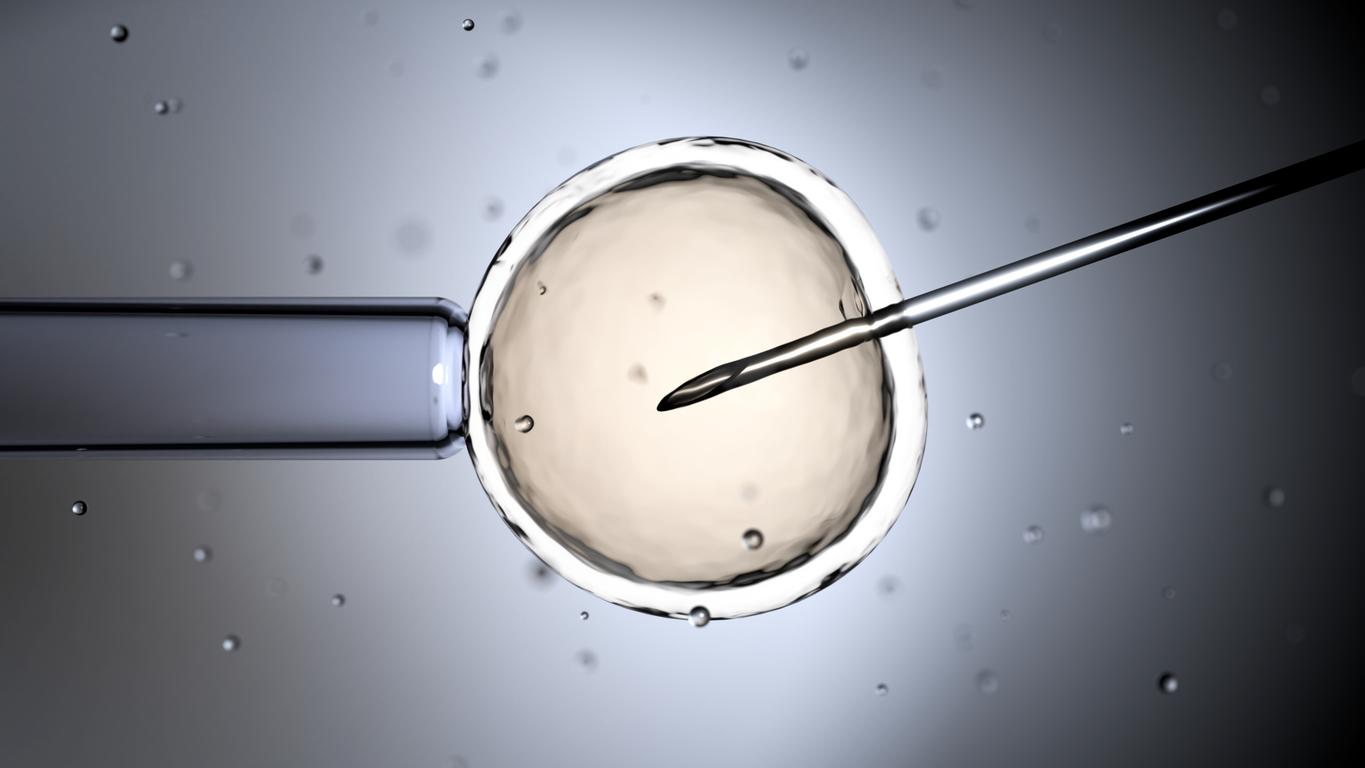The organizers call it extraordinary medicine. Since May 10, GPs, psychiatrists, radiologists from several countries have met in Clermont-Ferrand (1) to take stock of medical hypnosis.
This discipline is “now scientifically validated in very many indications, in particular in the context of pain, anesthesia, so-called psychosomatic and addictive pathologies, support for care, including palliative care”, specifies France Info.
Recognized in the hospital, medical hypnosis is also taught in most faculties and future doctors can obtain a university degree.
For their part, researchers scrutinize our brain to locate and follow the neuronal connections activated, for example, during a hypnosis session. And also to understand the differences in reactions between two individuals. “Anyone can be hypnotized, but reaching this state is easier for some, depending on the degree of letting go and the acceptance of the person”, recalled in August 2016 to whydoctor Aymeric Guillot, professor of neurophysiology of mental processes at Lyon 1 University.
Several studies, including the one published in the journal Cerebral Cortex, have made it possible to map the areas of the brain that are activated. For example, neuron activity increases in an area involved in focusing on solving a problem. “This explains why a hypnotized person is so absorbed that he no longer cares about anything else,” said David Spiegel, one of the authors of this study published in 2016.
Thanks to this work, hypnotherapy will experience great advances. “We will be able to use this knowledge to modify a person’s ability to be hypnotized, or the effectiveness of hypnosis itself”, enthused the researcher.
(1) 10th Forum of the Francophone Confederation of Hypnosis and Brief Therapies, May 10 to 13, 2017 (Polydome, Clermont-Ferrand).

















